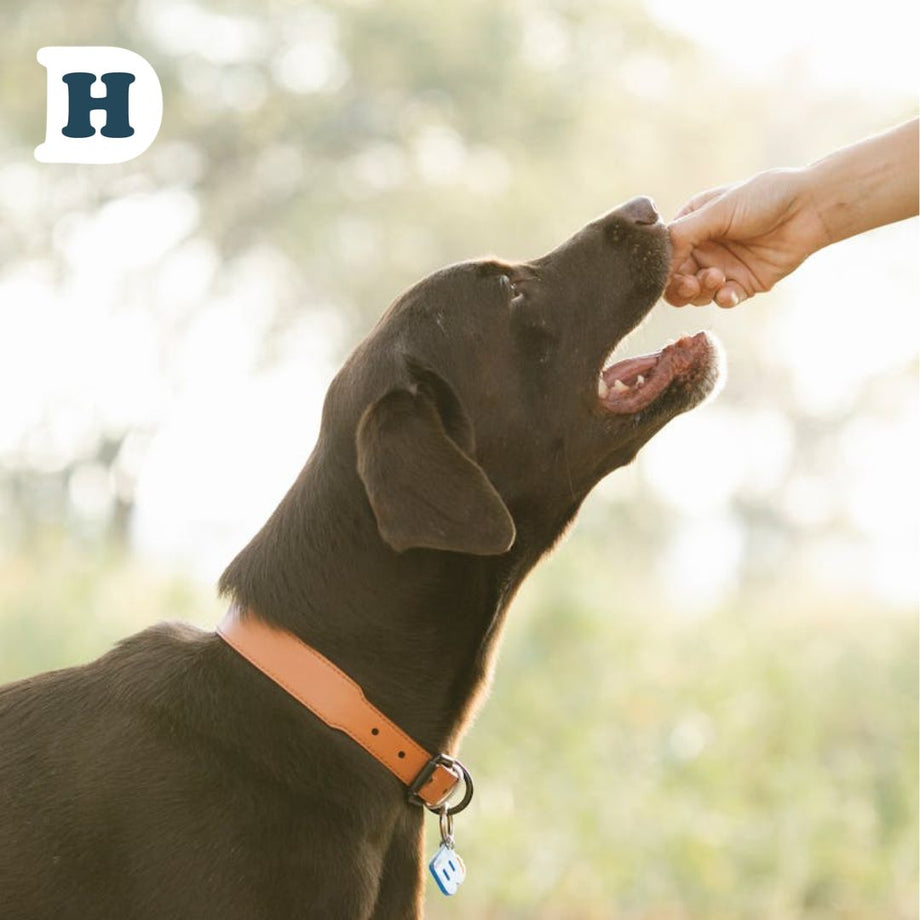
Dogs shake for a variety of reasons, and it's important to understand what's causing the behavior in order to address it properly.
Whether it's due to anxiety, excitement, or a medical issue, this guide will help you identify the possible reasons behind your dog's shaking and provide tips on how to help them.
Anxiety and Stress.
Anxiety and stress are common reasons why dogs shake. Just like humans, dogs can experience anxiety and stress in response to various situations, such as loud noises, unfamiliar environments, or separation from their owners. If your dog is shaking and exhibiting other signs of anxiety, such as panting, pacing, or hiding, it's important to address the underlying cause of their anxiety and provide them with comfort and reassurance. Consider consulting with a veterinarian or a professional dog trainer to help your dog manage their anxiety and reduce their shaking behaviour.
Medical Issues.
In some cases, shaking can be a symptom of an underlying medical issue. For example, dogs with neurological disorders, such as epilepsy or Parkinson's disease, may experience shaking as a result of their condition.
Other medical conditions that can cause shaking in dogs include hypoglycemia, liver disease, posioning,and kidney failure.
If you notice your dog shaking and exhibiting other unusual symptoms, such as vomiting or lethargy, it's important to consult with a veterinarian to rule out any potential medical issues.
Pain and Discomfort.
Another possible reason for your dog's shaking behavior is pain or discomfort. Dogs may shake as a response to pain or discomfort caused by an injury or illness. For example, if your dog has a sore paw or ear infection, they may shake their body as a way to alleviate the discomfort. It's important to observe your dog's behaviour and body language to determine if they are experiencing any pain or discomfort that may be causing their shaking.
If you suspect your dog is in pain, it's important to consult with a veterinarian to determine the underlying cause and provide appropriate treatment.
Cold or Wet Weather.
It is normal for dogs to shake in cold or wet weather as a way to regulate their body temperature and dry off. However, excessive shaking or shivering could be a sign of hypothermia, which is a dangerous condition that requires immediate attention. If your dog is shaking excessively or showing signs of hypothermia such as lethargy, shallow breathing, or a drop in body temperature, seek veterinary care immediately.
Additionally, if your dog is shaking in warm weather or in a comfortable environment, it may be a sign of an underlying medical issue or anxiety and should be evaluated by a veterinarian.
environment, it may be a sign of an underlying medical issue or anxiety and should be evaluated by a veterinarian.
During the cooler months, we recommend you warm up their meals, especially their evening meal when the temperature has dropped. To heat up Man's Best Dog food, place the serving on a microwave safe plate and heat for 20 seconds, or until it feels warm. Alternatively, you can add a warm bone broth or heated wet dog food as a m meal topper, your hound will love you for it!
Generalised Tremor Syndrome
Dogs shake for a variety of reasons, but it's particularly common in small breeds like Chihuahuas and Miniature Pinschers. However, if your dog's shaking seems excessive or out of the ordinary, it's important to consult with your veterinarian. They can assess your dog's muscle tone and rule out any underlying medical conditions that may be causing the shaking, such as Generalised Tremor Syndrome (GTS), which can be treated with corticosteroids.
Excitement and Anticipation.
Have you ever noticed your dog shaking with excitement when you come home or when they're anticipating a treat or a walk? This is a common behaviour in dogs and is often a sign of happiness and excitement. When dogs are excited, their bodies release adrenaline, which can cause shaking or trembling. This is completely normal and nothing to be concerned about. In fact, it's a sign that your dog is happy and healthy!
©deliveryhound.com.au 2023






